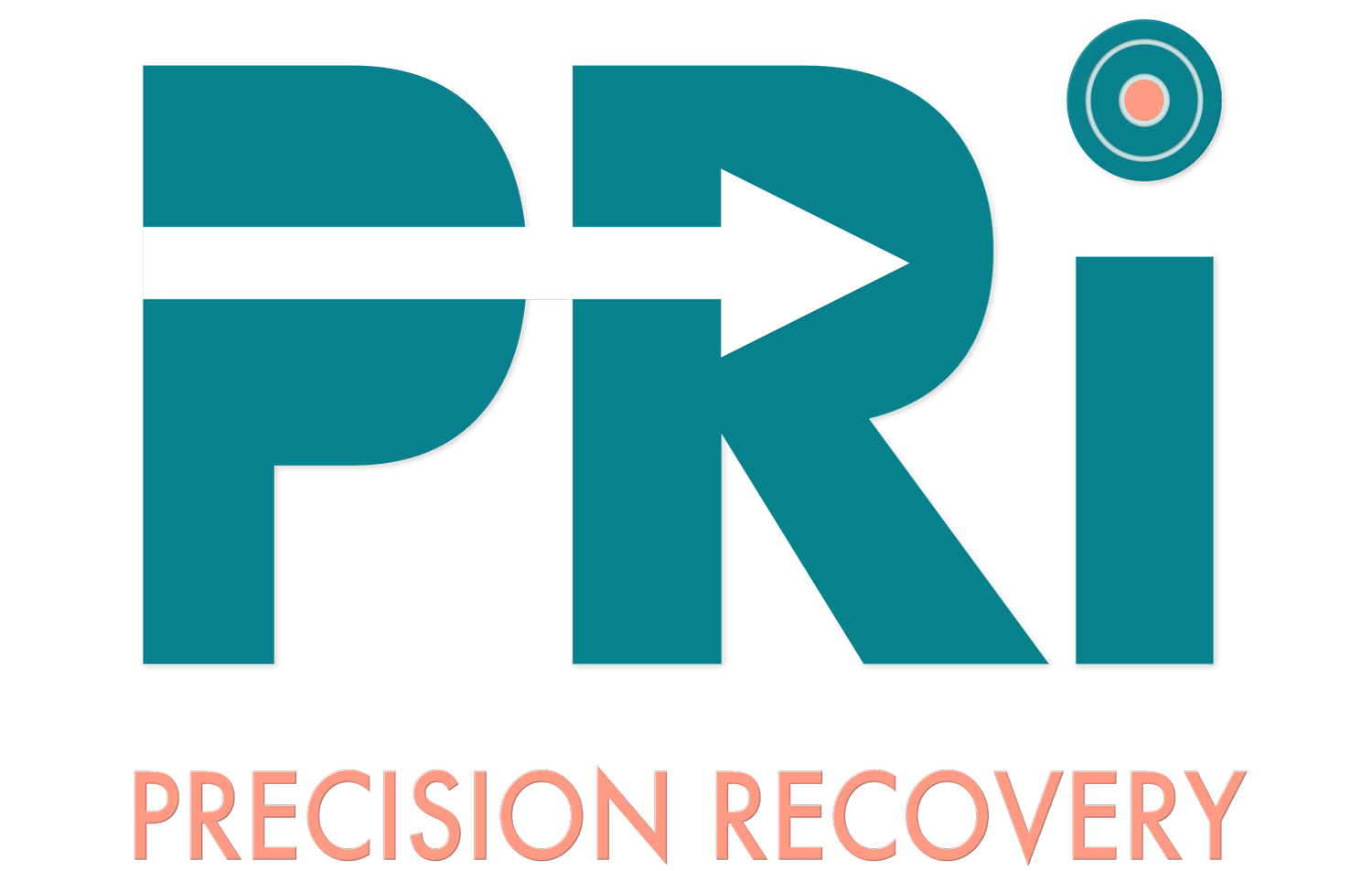The Vital Role of Blood Pressure Control After a Stroke
When it comes to recovering from a stroke, there's an important player in the game: your blood pressure. Think of it as the conductor of an orchestra, guiding the rhythm of your recovery. Controlling your blood pressure after a stroke isn't just a detail; it's a crucial step toward a better and brighter future. Let's explore why blood pressure matters and how you can keep it in check, explained in simple terms.
The Blood Pressure Story: Imagine your blood vessels as roads that carry blood throughout your body. Sometimes, these roads can get narrow or bumpy, making it hard for blood to flow smoothly. That's where blood pressure comes in – it's like the force that pushes the blood through these roads. After a stroke, these roads might need some fixing. Controlling blood pressure helps keep those roads clear and steady.
Why Control Matters After a Stroke: Think of your brain as a garden that needs tender care. A stroke is like a storm that hits the garden, and blood pressure is the sun that helps it recover. Here's why:
Protecting the Brain: High blood pressure can cause more harm to your already healing brain. It's like trying to fix a delicate flower with too much water – it won't help it grow.
Preventing Another Stroke: If your blood pressure stays high, it's like leaving the garden gates open for another storm. Keeping it under control reduces the risk of having another stroke.
Aiding Healing: Lowering blood pressure helps your body and brain heal better. It's like giving your garden the right nutrients to grow strong.
How to Keep Blood Pressure in Check: Being the conductor of your blood pressure orchestra isn't hard. Here are a few simple steps to keep it in harmony:
Healthy Eating: Imagine your plate as a canvas, and the colors are fruits, veggies, lean proteins, and whole grains. This colorful plate can help your blood pressure stay in the right zone.
Mindful Salt Use: Salt is like a flavor superhero, but too much can be a villain for blood pressure. Be a mindful chef and use less salt in your dishes.
Regular Exercise: Think of exercise as a dance for your heart. Moving your body regularly keeps your heart strong and blood pressure balanced.
Stress Management: Life can be like a rollercoaster, but finding ways to manage stress – like deep breathing or hobbies – helps keep blood pressure steady.
Medication, If Needed: Sometimes, the orchestra needs a little help. If your doctor recommends it, taking prescribed medications can keep blood pressure in tune.
Your Blood Pressure Symphony: Just like a conductor guides an orchestra to create beautiful music, you can guide your blood pressure toward a healthy rhythm. After a stroke, it's important to be the director of your health, making decisions that will help you recover and prevent future problems.
Remember, controlling blood pressure after a stroke is like adding an extra layer of protection to your recovery journey. It's not just about numbers on a screen; it's about ensuring your body and brain have the best chance to heal and thrive. So, listen to the beat of your health, take the right steps, and create a symphony of well-being that leads you toward a brighter future.
